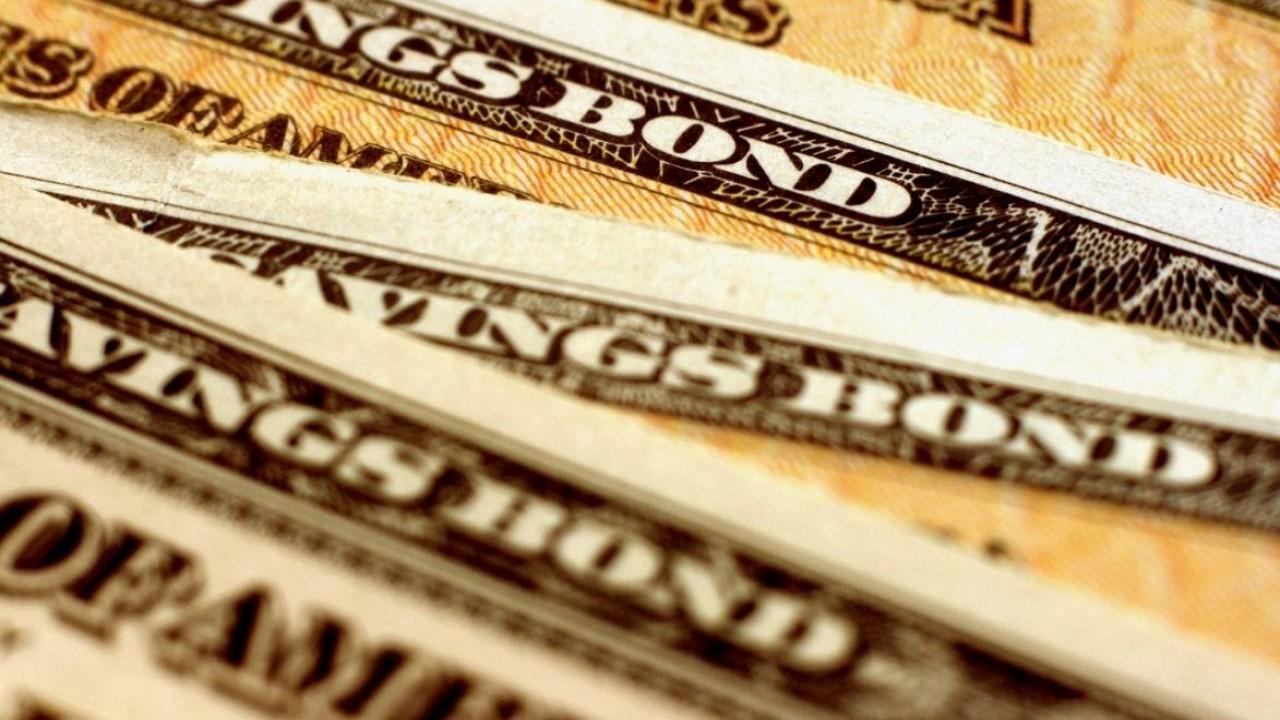What is a corporate bond?
Corporate bonds typically pay a higher yield than US Treasurys
A corporate bond is a type of security issued by a firm and sold to an investor. The company receives the money it needs in exchange for promising to make a series of interest payments over a set amount of time. The corporation pays a fixed or floating interest rate each period and returns the investor’s original investment at maturity.
The interest rate a company pays depends on the creditworthiness of a corporation, which is determined by at least one of the three major U.S. credit-rating agencies – Standard and Poor’s Global Ratings, Moody’s Investor Services and Fitch Ratings.
Top-rated companies are given an AAA-rating while investment-grade companies, or those considered to be non-speculative, are rated BBB- or higher at Standard and Poor’s.
Junk-rated companies, or below BBB- at S&P, pay a higher yield because they are considered to be riskier investments and have a higher chance of being defaulted on.
CLICK HERE TO READ MORE ON FOX BUSINESS
Corporate bonds are considered riskier investments than Treasurys, which are backed by the full faith and credit of the U.S. government, and therefore typically pay a higher yield.
Although there have been some instances where corporate bond yields have fallen below that of similar dated U.S. Treasurys.
GET FOX BUSINESS ON THE GO BY CLICKING HERE




















